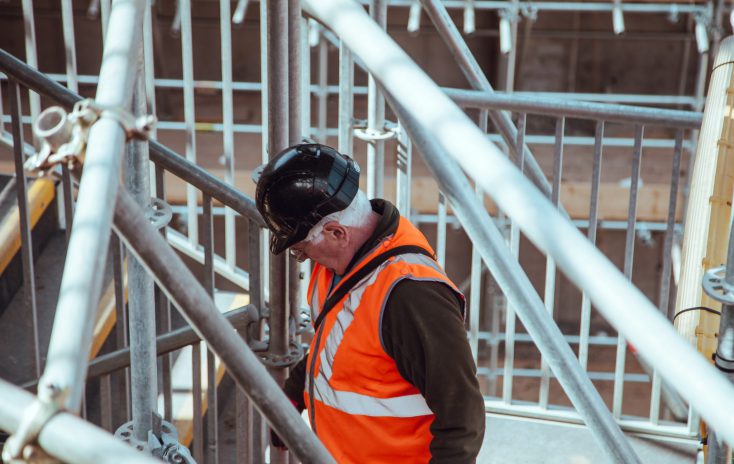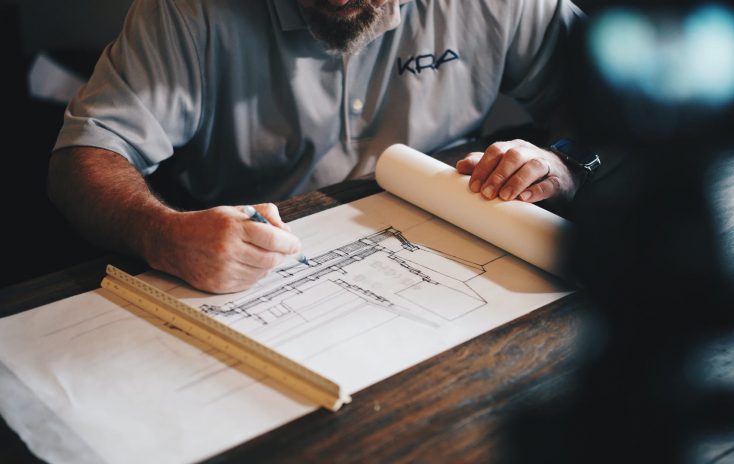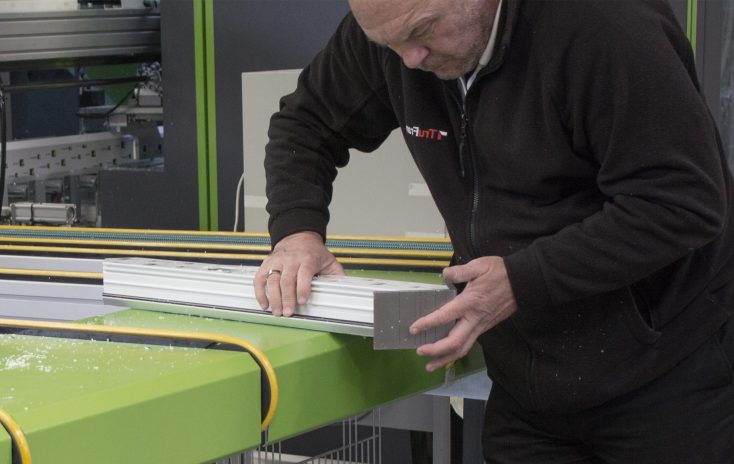In the age of climate change and rising environmental concerns, sustainability is no longer a luxury but a necessity. Industries across the globe are re-evaluating their practices, and the window and door manufacturing industry is no exception.
At TruFrame, we take our environmental responsibilities seriously, so we thought we would take a moment to showcase how we’re doing our bit to be a sustainable, environmentally-conscious window and door manufacturer.
ISO 14001 Accredited – Environmental Management System
ISO 14001 is an internationally recognised standard for environmental management. It provides a framework for companies to follow, ensuring that they’re operating in an environmentally responsible manner.
TruFrame is proud to be accredited with ISO 14001. By adhering to ISO 14001, we’re showing our commitment to reducing our carbon footprint and ensuring sustainable production processes. To us, it’s not just words, it’s action.
Now let’s look at some of the specific activities that we are carrying out to support an environmentally-conscious, sustainable supply chain in the window and door industry.
Reducing Packaging, Using Sustainable Materials
One significant step towards achieving sustainability is the use of eco-friendly materials and reducing the use of packaging that is harmful to the environment or can’t be recycled.
That’s why we’ve worked with our suppliers to reduce the packaging for many of the accessories that we use and supply. For example, we worked with our suppliers to remove plastic bags that came with door hinges, screws, end caps, and more. Instead, we asked for these to be supplied in just the box, as we felt the plastic packaging was unnecessary.
Less packaging has additional benefits as well. With less packaging comes lower weight, which means transport costs are lower and packaging costs are reduced. These are savings that we’re able to pass onto our customers.
Waste Management and Recycling
An essential aspect of sustainable manufacturing is effective waste management. By recycling offcuts, old windows, and doors, and even production by-products, manufacturers can significantly reduce landfill waste. Additionally, embracing a circular economy approach ensures that materials are reused, reducing the need for virgin resources.
At TruFrame, we’ve commenced a trial of recycling corner protectors. By taking corner protectors back off of our customers and recycling them, we’re helping to reduce the amount of them that end up in landfill, and it also means our customers don’t need to worry about disposing of them.
Our recycling efforts don’t stop there. We also recycle a range of other materials, including cardboard, metal, and timber, and these are separated to help avoid unnecessary landfill.
Did you know: We recycle 10 tonnes of uPVC every week!
The Bigger Picture
While individual practices play a significant role, the broader industry perspective is also essential. Collaborations, knowledge-sharing, and industry-wide initiatives can accelerate the shift towards a sustainable future. Manufacturers, suppliers, and installers need to work together to ensure an eco-friendly supply chain, benefiting both the environment and the consumer.
Sustainability and environmental responsibility are not mere buzzwords at TruFrame but core values that we are embracing. As consumers become more eco-conscious, the industry’s commitment to these values ensures a brighter and greener future for all.
If you’re in the window and door industry, consider how your practices align with sustainable and environmentally responsible standards. Together, we can make a difference.



